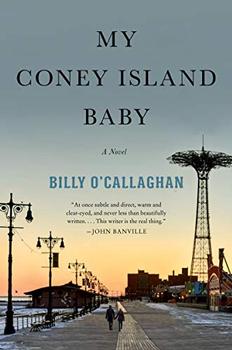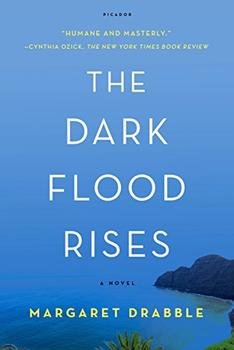Summary | Excerpt | Reading Guide | Reviews | Beyond the book | Read-Alikes | Genres & Themes | Author Bio

Slender, potent, and utterly engaging, I Married You For Happiness combines marriage, mathematics, and the probability of an afterlife to create Tuck's most affecting and riveting book yet.
Throughout Lily Tuck's career, she's been praised by critics for her crisp, lean language and sensuous explorations of exotic locales and complex psychologies. From Siam to Paraguay and beyond, Tuck inspires readers to travel into unfamiliar realms, and her newest novel is no exception. Slender, potent, and utterly engaging, I Married You For Happiness combines marriage, mathematics, and the probability of an afterlife to create Tuck's most affecting and riveting book yet.
"His hand is growing cold, still she holds it" is how this novel that tells the story of a marriage begins. The tale unfolds over a single night as Nina sits at the bedside of her husband, Philip, whose sudden and unexpected death is the reason for her lonely vigil. Still too shocked to grieve, she lets herself remember the defining moments of their long union, beginning with their meeting in Paris. She is an artist, he a highly accomplished mathematician - a collision of two different worlds that merged to form an intricate and passionate love. As we move through select memories - real and imagined - Tuck reveals the most private intimacies, dark secrets, and overwhelming joys that defined Nina and Philip's life together.
Even though Tuck profiles a marriage at its most vulnerable and tragic moments, she also vividly portrays the pleasures and strengths of a marriage partnership. And the ending, although ambiguous and certainly surprising, is the perfect distillation of the novel's themes and preoccupations. Tuck writes both clearly and concisely about mathematics; her explications of complicated problems such as the Schrödinger's cat paradox dovetail nicely with the rest of the narrative, echoing, but never upstaging, the novel's other themes...continued
Full Review
 (520 words)
(520 words)
(Reviewed by Norah Piehl).

If you liked I Married You for Happiness, try these:

by Billy O'Callaghan
Published 2020
An exquisite, heart-breaking novel by an Irish discovery.

by Margaret Drabble
Published 2018
A magnificently mordant reckoning with mortality by the great British novelist.